Ukraine's Arms Industry Takes Off Amid Uncertainty Over US Aid
LVIV, Ukraine - As the conflict with Russia drags on, Ukraine has been racing to develop its own arms industry, driven by uncertainty over when or if it will receive significant military aid from the United States.
At an underground parking garage in Lviv, a Ukrainian company showcased its latest drone technology, including the Mini Shark, which can be used for reconnaissance and surveillance. The event highlighted the rapid growth of Ukraine's defense sector, with many companies investing heavily in research and development to create innovative solutions.
"We're a Ukrainian company, building drones, all designed and manufactured here," said Oleksandr Klymenko, CEO of Aerorozvidka, one of the companies participating in the conference. "We're not just relying on imports; we're creating our own capabilities."
The push for self-sufficiency comes as Ukraine struggles to secure significant military aid from the United States. Despite promises of support, Washington has been slow to deliver, leaving Kyiv to fend for itself.
In August, a US congressional delegation visited Ukraine and pledged continued support, but with no guarantees on specific timelines or quantities. The uncertainty has created a sense of urgency among Ukrainian officials, who are racing to develop their own capabilities.
"Ukraine's defense industry is rapidly growing, driven by the need for self-reliance," said Andriy Yermak, head of Ukraine's presidential administration. "We're investing heavily in research and development to create innovative solutions that can be used on the battlefield."
The growth of Ukraine's arms industry has significant implications for the country's military capabilities and its ability to resist Russian aggression. The development of domestic defense industries also raises questions about the role of foreign aid and the balance between self-reliance and dependence on external support.
As the conflict continues, Ukraine's defense sector is likely to remain a key area of focus for policymakers and industry leaders alike. With no guarantee of significant US aid, Ukraine will continue to rely on its own resources to develop its military capabilities.
Background:
The conflict between Russia and Ukraine has been ongoing since 2014, with the two countries engaged in a series of skirmishes and battles along the contact line. The situation escalated in February 2022, when Russian forces launched a large-scale invasion of Ukraine.
Despite significant international support, including from the United States, Ukraine's military remains heavily reliant on imports. The country has been seeking to develop its own defense industry, with a focus on research and development of innovative solutions.
Additional Perspectives:
The growth of Ukraine's arms industry has also raised concerns about the potential for proliferation and the risk of advanced technology falling into the wrong hands. Experts warn that the rapid development of domestic defense industries can create new challenges for policymakers and international organizations.
"We need to be careful not to create a situation where advanced technology is being developed without adequate safeguards," said Dr. Maria Zolkova, a leading expert on arms control and non-proliferation. "We must ensure that these capabilities are used responsibly and in accordance with international norms."
Current Status:
Ukraine's defense sector continues to grow rapidly, with many companies investing heavily in research and development. The country is likely to remain reliant on its own resources to develop its military capabilities, at least in the short term.
As the conflict continues, Ukraine will need to balance its reliance on domestic defense industries with the need for external support. Policymakers and industry leaders will need to navigate complex questions about self-reliance, foreign aid, and the role of advanced technology in modern warfare.
Next Developments:
The future of Ukraine's arms industry remains uncertain, but one thing is clear: the country will continue to rely on its own resources to develop its military capabilities. As the conflict drags on, policymakers and industry leaders will need to navigate complex questions about self-reliance, foreign aid, and the role of advanced technology in modern warfare.
*Reporting by Npr.*
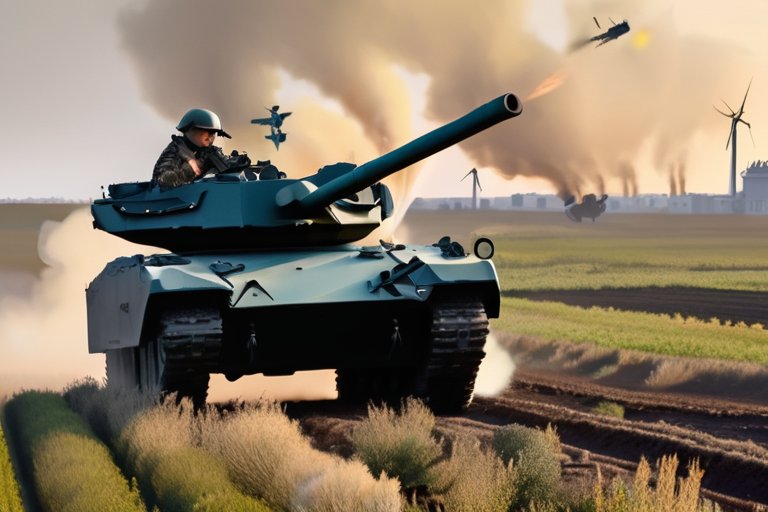

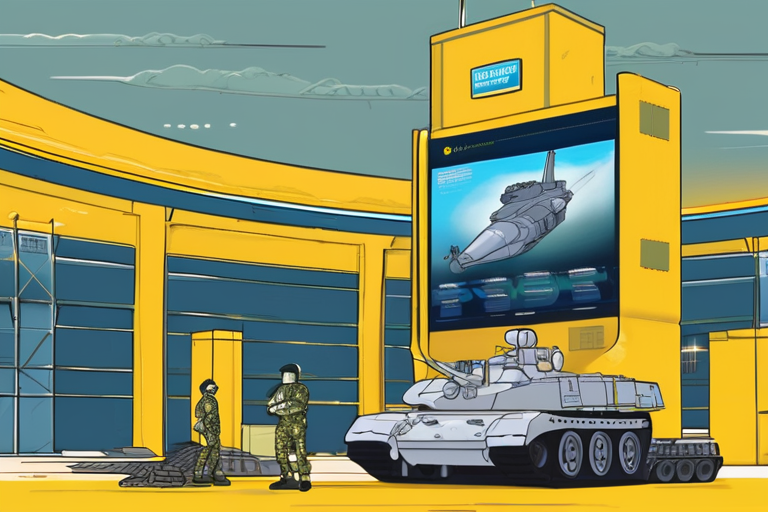
 Hoppi
Hoppi
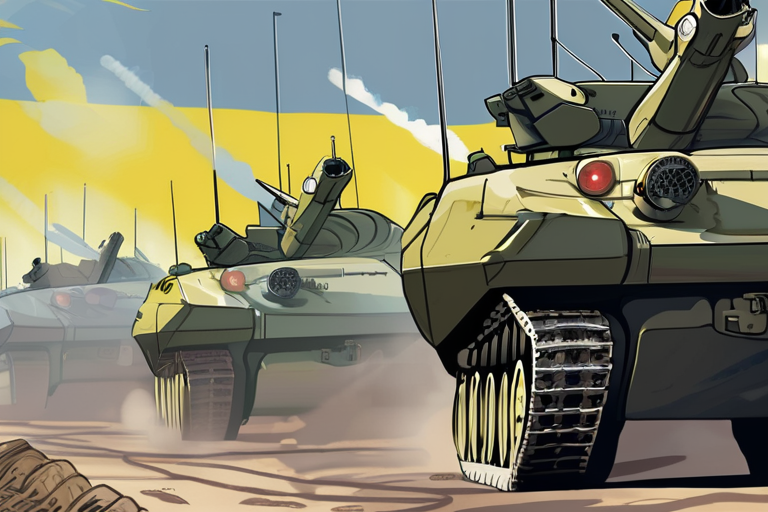
 Hoppi
Hoppi
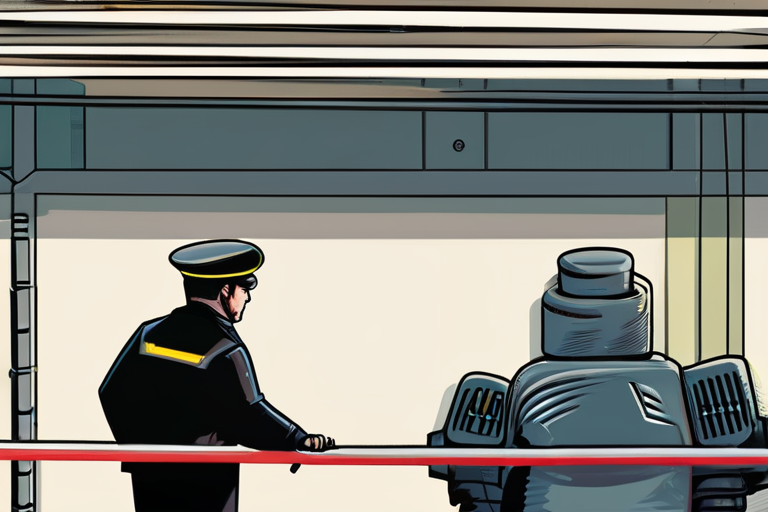
 Hoppi
Hoppi

 Hoppi
Hoppi
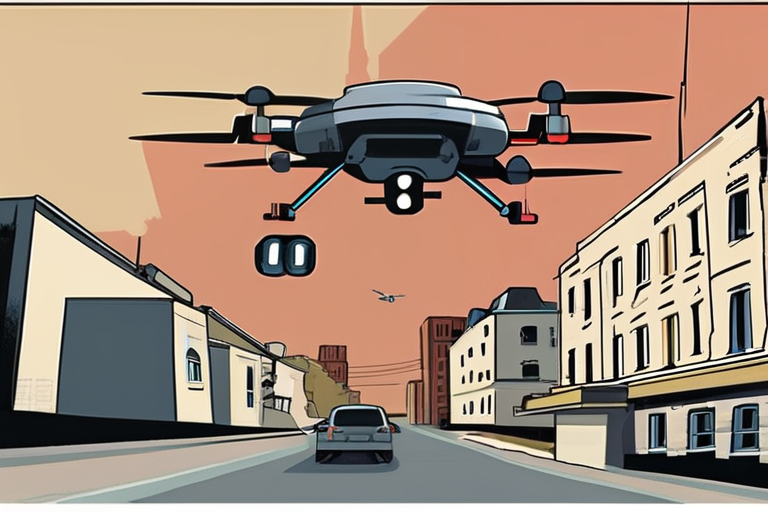
 Hoppi
Hoppi
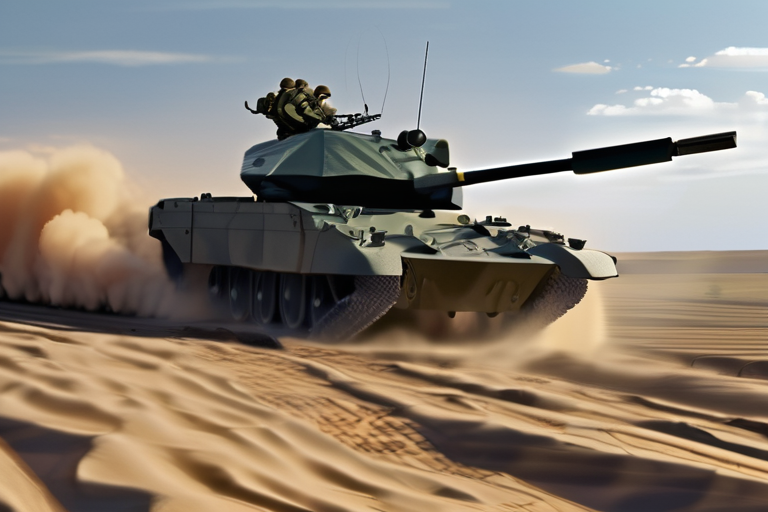
 Hoppi
Hoppi











